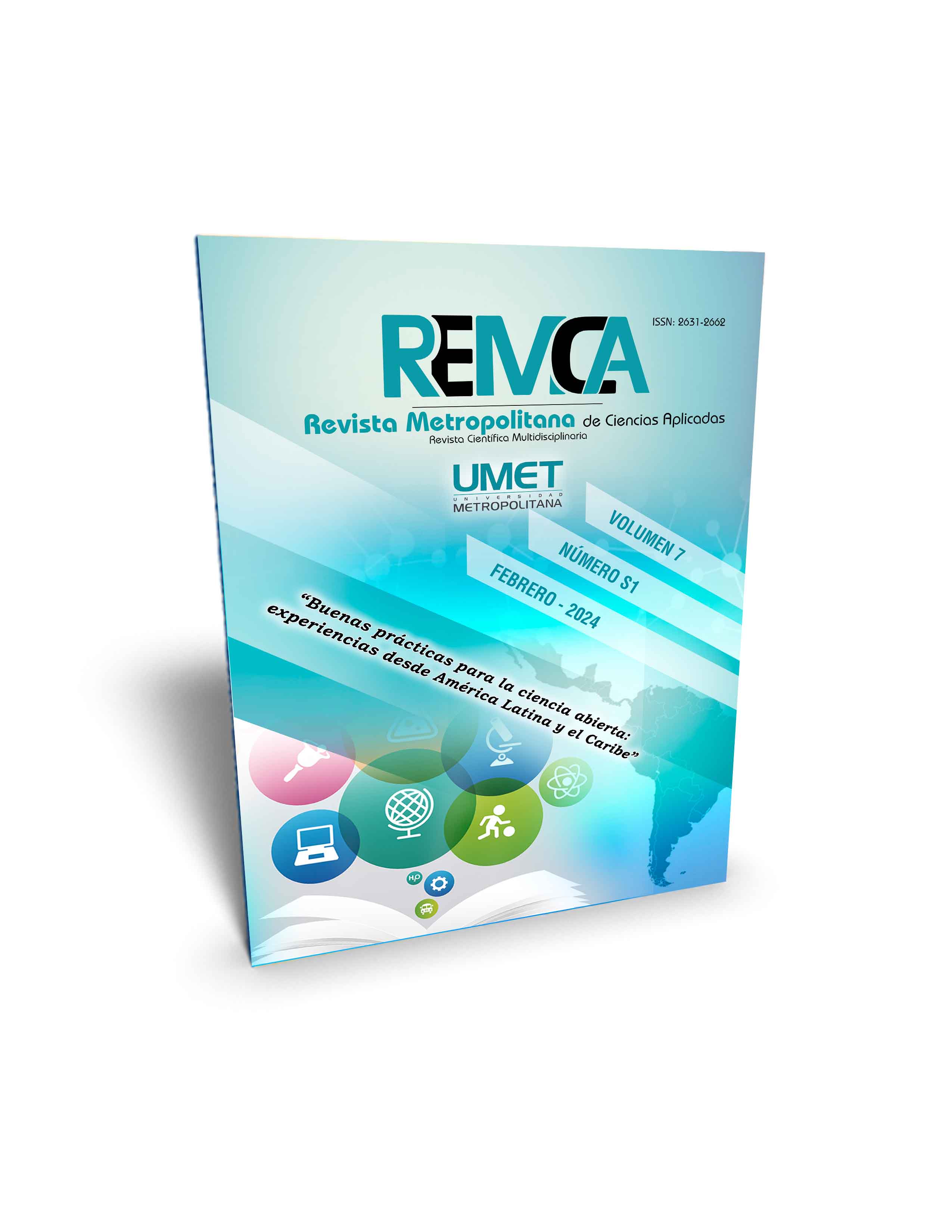Relationship of self-care and degree of metabolic imbalance in patients with type II Diabetes Mellitus
DOI:
https://doi.org/10.62452/f90sfb32Keywords:
Diabetes mellitus, self-care, compensation, hypoglycemia, hyperglycemiaAbstract
The studies of recent decades prioritize diabetes as a highly significant disease. It is projected that by 2030, the number of people with diabetes will exceed 300 million, prompting systematic investigations on the topic. The objective of this study was to describe the relationship between self-care and the degree of metabolic imbalance in patients with Diabetes Mellitus admitted to the internal medicine ward of Gabriela Alvarado Hospital during the first half of 2023. The previously designed and validated EBADE questionnaire was used to assess self-care barriers in Type 2 Diabetes Mellitus patients. This instrument is considered reliable due to its numerous applications in the field of medical sciences. Following the questionnaire's administration, focusing on dietary control, medication, and medical supervision variables, it was observed that over 80% of respondents exhibit low self-monitoring during states of compensation. This lack of self-care contributes to disruptions in food consumption and medication adherence. It is essential to emphasize that self-care has visible implications in the disease's compensation state, making it an effective tool for disease management.
Downloads
References
Anderson, L. M. (2014). Evaluación del Test de EBADE para la detección temprana de la diabetes tipo 2. Journal of Diabetes Research, 10(4), 132-148.
Brown, E. F. (2018). Control glucémico y complicaciones de la diabetes. Diabetología, 42(3), 210-225.
Jones, G. H. (2016). Importancia del autocuidado en la diabetes tipo 2. Diabetes Care, 25(1), 78-85.
Müggemburg, M. P. (2007). Tipos de estudios en el enfoque de Investigación Cuantitativa. Enfermeras universitarias. ENEO-UNAM.
Organización Mundial de la Salud. (2018). Obesidad y sobrepeso. https://www.who.int/es/news-room/fact-sheets/detail/obesity-and-overweight/2018
Organización Panamericana de la Salud. (2019). Diabetes. https://www.paho.org/es/temas/diabetes
Pineda, E. A. (2008). Metodología de la Investigación. Organización Panamericana de la Salud.
Rodríguez, G. (2015). Repunte de diabetes e hipertensión en Danlí. El Heraldo. O.M.S. Organización Mundial de la Salud. https://www.who.int/es/news-room/fact-sheets/detail/obesity-and-overweight. 2015
Smith, A. B., Johnson, C. D., & Davis, E. F. (2020). Prevalencia de la diabetes tipo 2 en países occidentales. Revista de Endocrinología, 35(2), 45-58.
Downloads
Published
Issue
Section
License
Copyright (c) 2024 Dilcia Del Carmen Ardón-Mejía, Doris Judith López-Rodríguez (Autor/a)

This work is licensed under a Creative Commons Attribution-NonCommercial-ShareAlike 4.0 International License.
Authors who publish in Revista Metropolitana de Ciencias Aplicadas (REMCA), agree to the following terms:
1. Copyright
Authors retain unrestricted copyright to their work. Authors grant the journal the right of first publication. To this end, they assign the journal non-exclusive exploitation rights (reproduction, distribution, public communication, and transformation). Authors may enter into additional agreements for the non-exclusive distribution of the version of the work published in the journal, provided that acknowledgment of its initial publication in this journal is given.
© The authors.
2. License
The articles are published in the journal under the Creative Commons Attribution-NonCommercial-ShareAlike 4.0 International License (CC BY-NC-SA 4.0). The terms can be found at: https://creativecommons.org/licenses/by-nc-sa/4.0/deed.en
This license allows:
- Sharing: Copying and redistributing the material in any medium or format.
- Adapting: Remixing, transforming, and building upon the material.
Under the following terms:
- Attribution: You must give appropriate credit, provide a link to the license, and indicate if any changes were made. You may do this in any reasonable manner, but not in any way that suggests the licensor endorses or sponsors your use.
- NonCommercial: You may not use the material for commercial purposes.
- ShareAlike: If you remix, transform, or build upon the material, you must distribute your creation under the same license as the original work.
There are no additional restrictions. You may not apply legal terms or technological measures that legally restrict others from doing anything the license permits.




